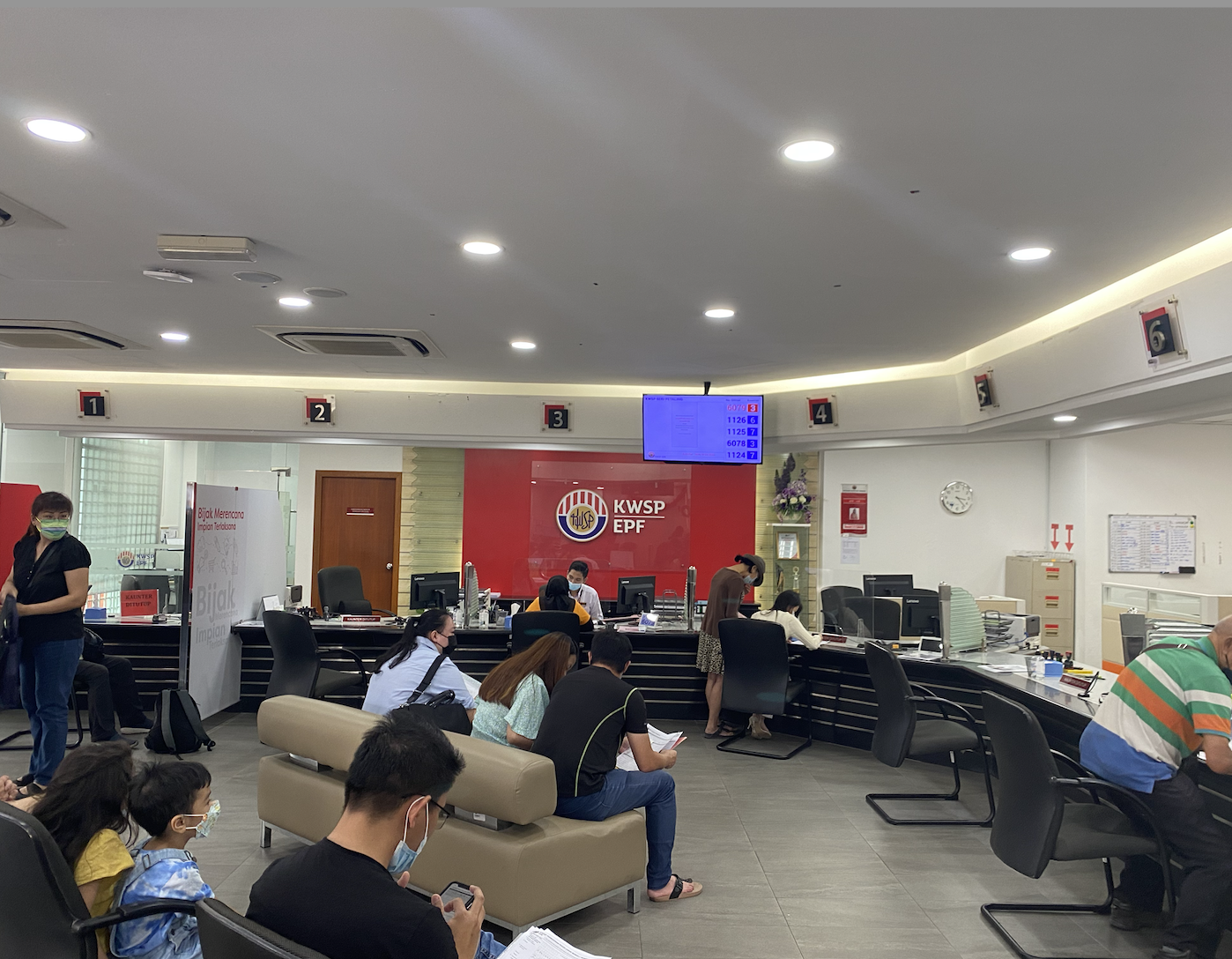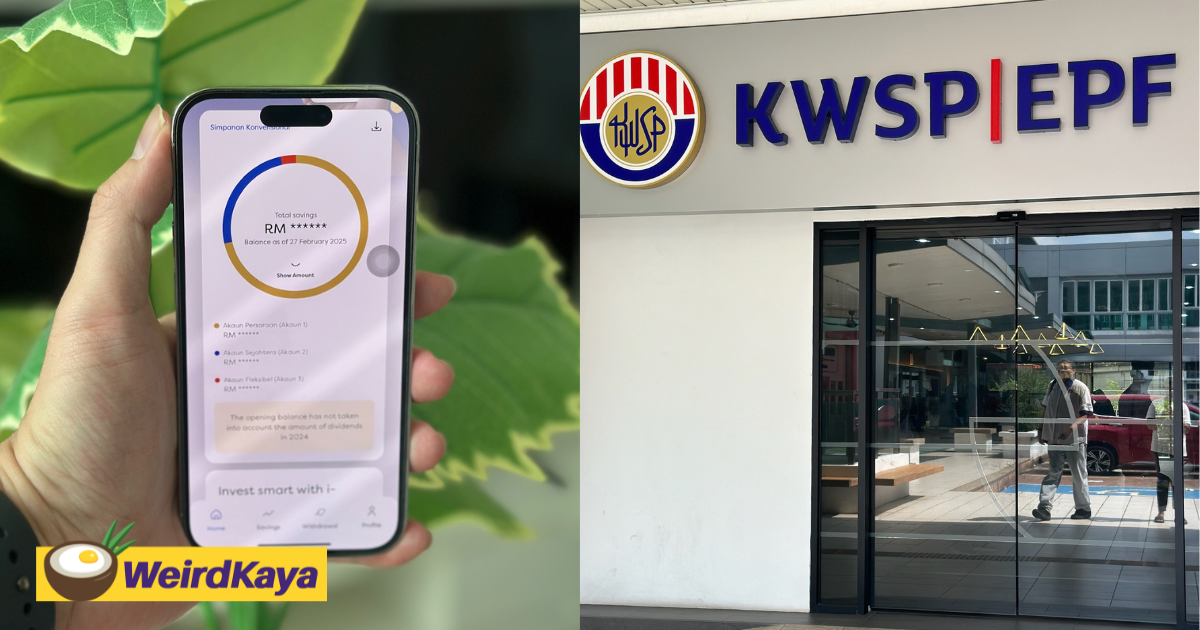A Malaysian associate professor has proposed an increase in the Employees Provident Fund (EPF) contribution rates to strengthen retirement savings.
According to Kosmo!, Dr. Abu Sofian Yaacob, Associate Professor and Deputy Director of Nourven Academy of Research, suggested that employee contributions should be raised from 13% to 15%, while employer contributions should increase from 15% to 17%.

He noted that EPF contribution rates were reduced during the COVID-19 pandemic, and it is now the right time to readjust them to ensure sufficient retirement funds.
He also emphasized that this is not just about fairness for employers but about securing employees’ financial future post-retirement.
HR ministry voices support
The Ministry of Human Resources (Kesuma) has expressed support for any proposal to raise EPF contribution rates, provided it aligns with current economic conditions and existing policies.
Its minister, Steven Sim Chee Keong, stated that while he welcomes initiatives benefiting workers, such proposals must be thoroughly reviewed.
He also noted that EPF falls under the jurisdiction of the Ministry of Finance.
As the minister responsible for workers, I support policies that offer greater benefits to employees,” he told the Malay daily.
Sim encouraged NGOs and academics to submit their proposals to EPF and relevant authorities for further discussion.
Previous recommendations for higher employer contributions
Two years ago, the Malaysian Liaison Committee of UNI Global Union (UNI-MLC) proposed raising employer contributions to 20% to address the issue of inadequate retirement savings.

Statistics indicate that around 85% of Malaysians are unable to retire comfortably due to insufficient savings, forcing them to continue working indefinitely.
Dr. Abu Sofian acknowledged that increasing contribution rates might reduce employees’ disposable income, but he believes it is a necessary step for long-term security.
Managing costs for better retirement savings
He suggested that individuals could cut unnecessary expenses, such as dining out, and instead cook at home to save money.
Additionally, he recommended that businesses optimize operational costs by reducing executive travel and accommodation expenses, utilizing online meetings, and using energy-efficient air conditioning to lower electricity bills.

However, he stressed that any adjustment should be implemented with a minimum standard to ensure affordability for businesses.
To further boost retirement savings, he suggested improving work efficiency, creating opportunities for salary increments and promotions, or seeking higher-paying jobs.
READ ALSO:


